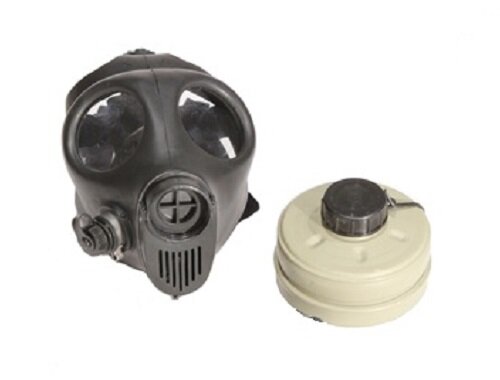Any respirator or gas mask that you tend to use will have filters that purify the air you breathe. You can find a gas mask hood with a filtration system as well. You can also find a filter nato gas mask on https://www.gasmaskpro.com/gas-masks/small-israeli-gas-mask
How does the filter eliminate toxic chemicals and deadly bacteria from the air? Any air filter can use one (or more) of three different techniques to purify air:
- Particle filtration.
- Chemical absorption or adsorption
- Chemical reaction to neutralize chemicals

The particle filtration is the simplest of the three. If you’ve ever held a cloth or handkerchief in your mouth to keep dust from your lungs, you have made an improvised particulate filter. In a gas mask that is designed to guard against a biological threat, a very fine particulate filter is useful.
Bacteria or antrax spores may have a minimum size of micron. Most biological particle filters eliminate the size of particles as small as 0.3 microns. Any particulate filter can ultimately clog, so you have to replace it as breathing becomes difficult.
A chemical threat needs a different approach, because chemicals come as mists or vapors that are largely immune to particulate filtration. The most common approach with any organic chemical is activated charcoal. Charcoal is carbon. Active charcoal is charcoal that has been treated with oxygen to open millions of small pores between carbon atoms.